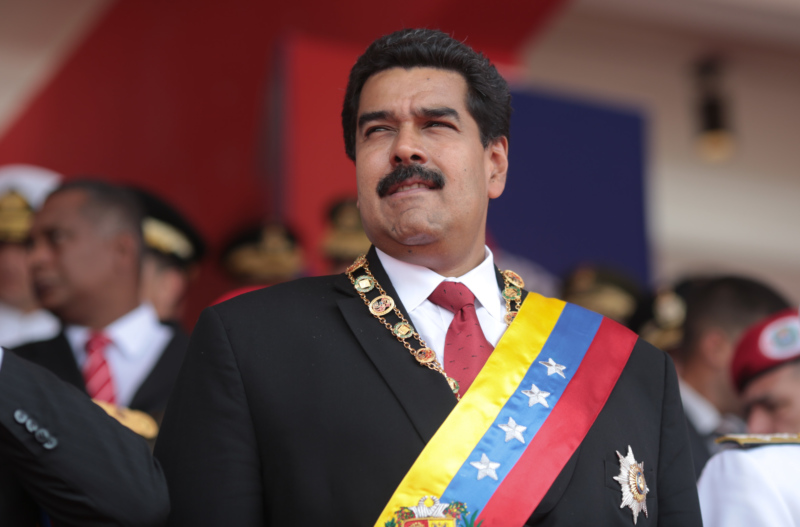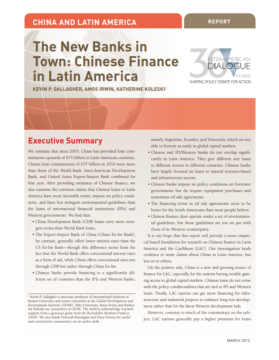The Politics Of Disaster Relief
After a 7.0 magnitude earthquake struck Haiti, the aftershock reached China in ways that few anticipated.The earthquake forced Chinese leaders to navigate the tricky politics of disaster relief.
Venezuela is in the throes of its most tumultuous political and economic period in decades. The collapse of global energy prices has wreaked havoc on the country’s economy. Estimates vary, but oil production has fallen from a peak of around 3.2 million barrels per day in 1997 to somewhere between 2.2 million and 2.5 million barrels per day today. Oil and gas account for more than 95 percent of Venezuela’s revenues from exports, and the country produces few other goods. Without the money it makes from exporting energy products, Venezuela has struggled to import everything else its people need. As a result, Venezuelans are facing widespread shortages of food, medicine, and other basic supplies. Citizens wait in line for hours at supermarkets to buy staples such as rice; many have resorted to sifting through trash to find food. Military forces have been dispatched to oversee food production and distribution. Last year, a group of Venezuelan researchers estimated that, in contrast to relatively rosy official statistics, more than three-quarters of Venezuelans are living in poverty. And there is no relief in sight: by the end of the year, the economy will probably have contracted by eight percent and the inflation rate will likely reach 720 percent, according to the International Monetary Fund.
After a 7.0 magnitude earthquake struck Haiti, the aftershock reached China in ways that few anticipated.The earthquake forced Chinese leaders to navigate the tricky politics of disaster relief.
Hugo Chavez, the Venezuelan president, has clearly been enticed by the Libyan drama, where his longtime friend and ally, Muammar al-Qaddafi, is under siege from rebel forces.
Estimates of the volume, composition, and characteristics of Chinese lending to the region since 2005.
 Hugoshi / Wikipedia / (CC BY-SA 4.0)
Hugoshi / Wikipedia / (CC BY-SA 4.0)
